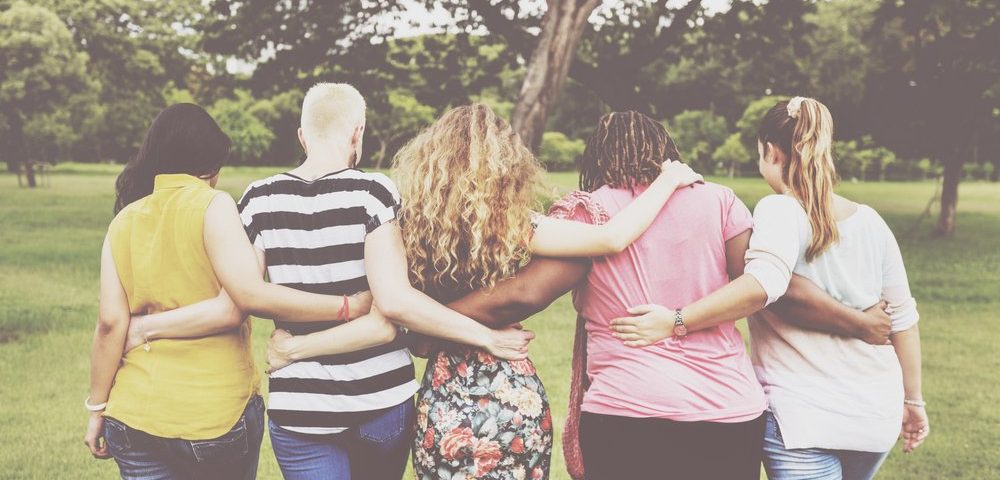Co-caregivers: Remember You’re on the Same Team
Written by |

Last week, I wrote about the benefits of having multiple caregivers during my mom’s recovery from a double-lung transplant. My dad, Aunt Shari, and I shared the responsibilities so that Mom had the best care from each of us.
Preventing caregiver burnout and having someone else who can relate to your experience are advantages of co-caring. Even the most empathetic listeners can’t truly understand what it’s like to support a family member through a lung transplant. Other patients and caregivers are a great support network, but each person’s experience with transplant is unique.
Co-caring can also be difficult. In a perfect world, everyone would be on the same wavelength at all times, forming an unshakable, superhero squad to support the patient and one another. But everyone deals with stress, grief, and trauma differently.
I sometimes found myself needing support but didn’t want to vent to Dad and Aunt Shari, who were dealing with the same stressors. I didn’t want to add my burdens to their own.
Connect with other people and share tips on how to manage PF in our forums!
I struggled to understand how or if my co-carers were coping with stress. I knew that my efforts to process the experience were constant, but I couldn’t see inside the minds of my dad or aunt.
It embarrasses me to admit that I was frustrated when the others didn’t seem as emotional as I was. I thought I was the only one having a hard time.
I would employ self-care techniques to manage my stress, and I had a handful of meltdowns over the phone to my husband and best friend. I didn’t see my dad or aunt doing those things, so my brain created this story that they weren’t feeling the same pressures. It was exasperating.
Getting frustrated at people for not having the same emotional response as you is as unhelpful as it sounds. It served no one to be annoyed with one another.
My best advice for tense times is to remember that everyone is doing the best that they can. Coping with stress and trauma is hard, and no two people do it the same. Acknowledge that you are doing your best, and forgive everyone — including yourself — for not being perfect.
The point of having multiple caregivers is to allow for breaks. When you get one, do things unrelated to caregiving. Go outside, exercise, take a nap, or do what interests you. Start a new hobby.
If you are close to home, make plans with friends and don’t spend the entire time talking about your situation. If, like me, you are in a city that is not your home, make new friends. Use the magical internet to search for meet-ups or events. Talk to strangers. Pet their dogs.
Hear me when I say that you deserve to be cared for, too. So do your co-caregivers, so give them their space. If you butt heads, remind yourself that you’re on the same team.
You’re there to provide the best care for your loved one as they recover. Doing so as a team can strengthen your relationships if you don’t let the little things drive you crazy.
***
Note: Pulmonary Fibrosis News is strictly a news and information website about the disease. It does not provide medical advice, diagnosis, or treatment. This content is not intended to be a substitute for professional medical advice, diagnosis, or treatment. Always seek the advice of your physician or other qualified health provider with any questions you may have regarding a medical condition. Never disregard professional medical advice or delay in seeking it because of something you have read on this website. The opinions expressed in this column are not those of Pulmonary Fibrosis News or its parent company, Bionews Services, and are intended to spark discussion about issues pertaining to pulmonary fibrosis.







Leave a comment
Fill in the required fields to post. Your email address will not be published.